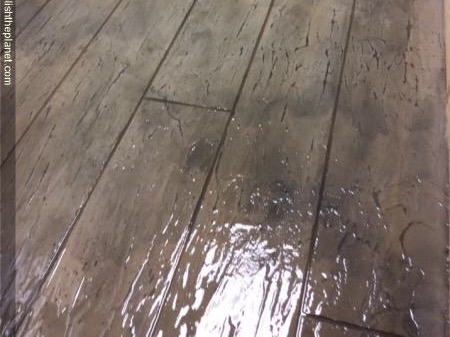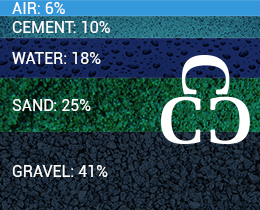In a time not too long ago, garage floors were all the same. They were used for storage, parked cars, and other things during every season. Most were simple gray concrete or plain dirt floors. Today, however, the options have broadened and expanded drastically making them a prominent design in many people’s homes. They are now used for things like showrooms, organized shops, and statement pieces. Many homeowners pay close attention to their garage floors in this day and age and are very particular about how they want to display them for company and other aesthetic-based reasons.





